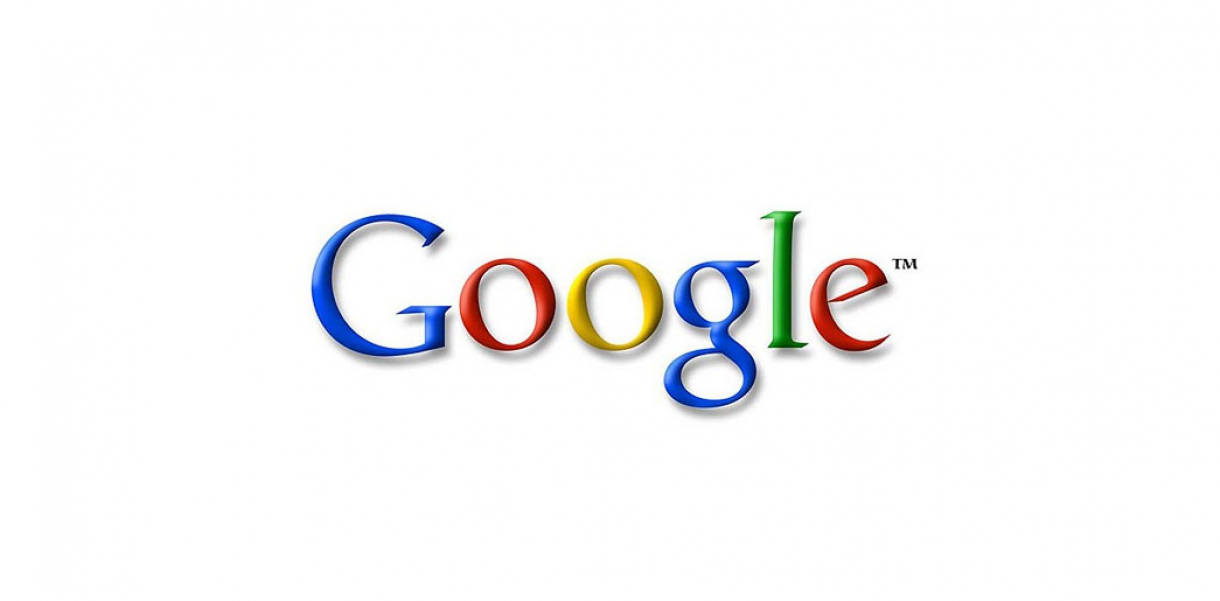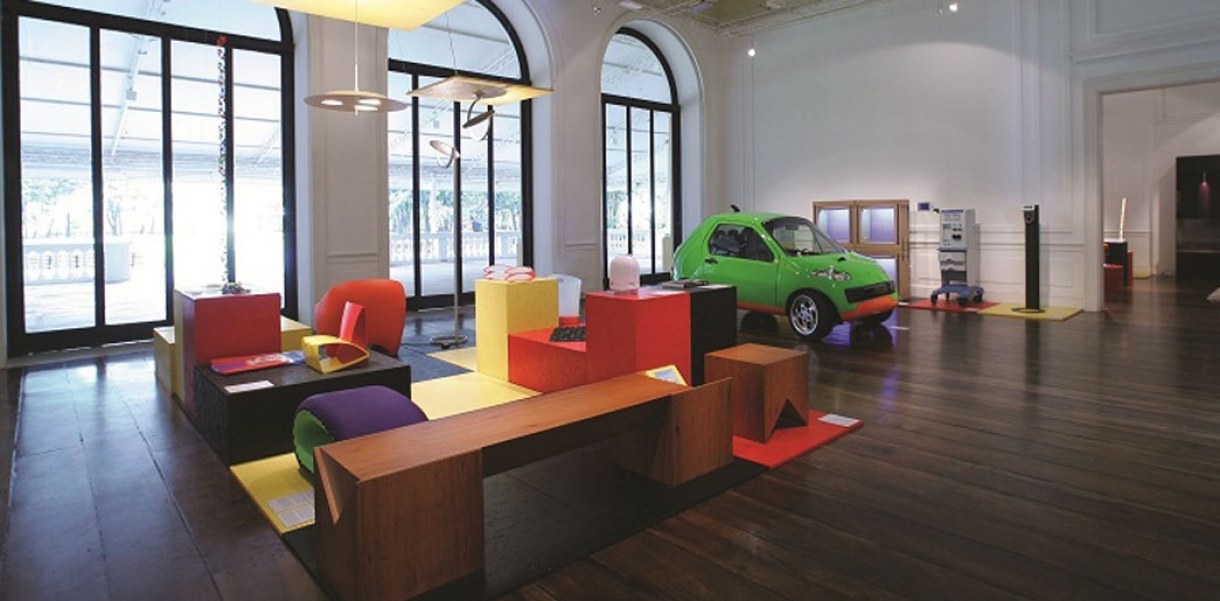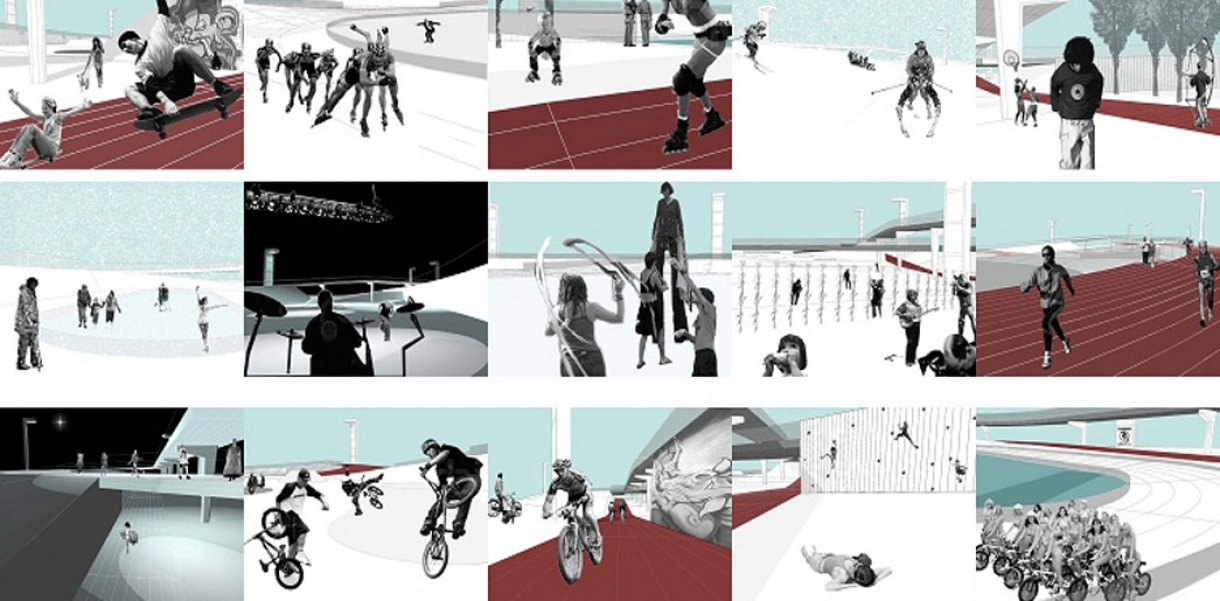Functionality and use of design
Google’s search engine is able to evaluate “back links” that can search a given website. Google combines a powerful and robust architecture with highly usable interaction design that suppresses the animated and pop-up advertisements that make other search sites so annoying. Google constantly expands, deepens and enriches its data base, hyperlinks, and search protocols
How did this design improve life?
Google is the number one internet search engine. “To Google” has become generic for internet search in the same way that “Xerox” became generic for photocopying. Although I put it here in the category of “Work”, Google has made itself the indispensable portal in every INDEX category: Body for information on health, safety, nutrition, medicine; Home for design, sustainability, energy, services; Work for information and resources in every possible category; Play for games, jokes, culture, leisure, and the arts; Community for news, blogs, chat rooms, trading; -- and one would have to add Travel for exploring, planning, reservations; and Learning for everybody of every age everywhere about everything.
Google constantly extends its capabilities with services like Google Maps, Google Video, Personal Desktop Search, Froogle for shopping, etc.
While Google was not the first internet search engine, It is the one that made the universal mass market for democratized information. It did this through a very powerful and robust architecture and highly usable interaction design. Google suppressed the animated and pop-up advertisements that make other search sites so annoying. By constantly expanding, deepening and enriching its data base, hyperlinks, and search protocols, Google has made itself the modern version of the ancient library of Alexandria, Egypt – the repository of all available knowledge – with the crucial difference that Google is open to everybody, worldwide, all the time.
Drawbacks of life improvement
For some users, “Google addiction” can be a risk. Information can be mistaken for knowledge. Access to all the information in the world without editorial intermediation can be overwhelming. This is probably a greater problem for older users that were brought up on print and TV one-to-many broadcasting. Young users are completely at home with many-to-many, peer network communication.
Unfortunately, they also are comfortable with masses of undigested and essentially meaningless information. Students can and do quickly assemble material “ripped” from the internet into essays that have the ”look” of plausibility but do nothing to advance or deepen the students’ understanding or to sharpen judgment or to stimulate critical thinking.
Research and need
Google began as a clever technology ‘hack”. But its designers quickly adopted the best practices of software development; i.e.: mockups, demos, alpha and beta prototypes, and progressive assessment, rigorous functional testing and user research.
Designed by
Larry Page & Sergey Brin - United States




